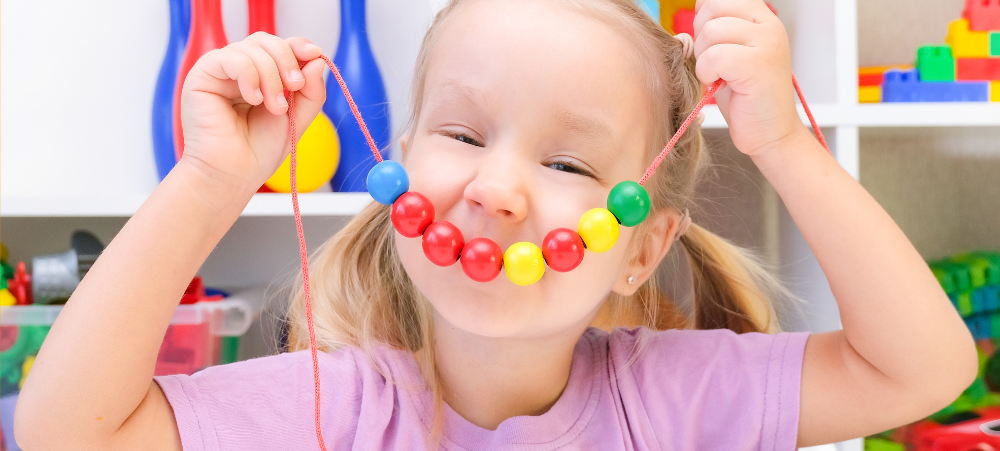Early childhood is a critical time for speech and language development. As toddlers grow, they rapidly acquire new words and communication skills, which lay the foundation for later learning and social interaction. However, every child develops at their own pace, so it can be tricky for parents to know when a delay or difficulty might warrant professional help.
Understanding the signs of speech and language issues can help you seek timely support, giving your child the best chance to thrive.
When Is Speech Therapy Needed?
Speech therapy helps children who have challenges with speech, language, voice, or communication. For toddlers, therapy can improve their ability to:
- Pronounce sounds correctly
- Form sentences
- Understand and use language effectively
- Communicate needs and ideas
Early intervention is key to addressing delays and preventing frustration or social difficulties down the line.
Common Red Flags to Watch For in Toddlers
If you notice any of the following signs, it’s a good idea to discuss them with your paediatrician or a speech-language pathologist:
1. Limited Vocabulary
By 18 months, most toddlers say at least a few simple words (e.g., “mama,” “ball”). By 2 years, children typically use 50 or more words and start combining two-word phrases. If your child is not meeting these milestones, it may be a concern.
2. Difficulty Being Understood
If your toddler’s speech is unclear to family members by age 2 or strangers by age 3, this might indicate a speech delay.
3. Lack of Gestures or Non-Verbal Communication
Toddlers often use pointing, waving, or nodding before they develop words. A lack of these early communication methods could signal a delay.
4. Problems Following Simple Instructions
If your child struggles to understand or follow basic commands by age 2, it could reflect language comprehension issues.
5. Excessive Repetition or Stuttering
Some repetition is normal in early speech development, but persistent stuttering or repeating words or sounds could be a sign to consult a professional.
6. Avoiding Social Interaction
If your toddler seems uninterested in communicating with others or avoids eye contact, this may indicate a broader developmental concern.
What to Do If You’re Concerned
- Talk to Your Paediatrician: They can perform developmental screenings and refer you to specialists.
- Seek a Speech-Language Pathologist: A qualified therapist can assess your child’s speech and design a tailored therapy plan if needed.
- Support Language at Home: Talk, read, and sing with your child daily to encourage language growth.
Final Thought
Trust your instincts as a parent. While some variation in speech development is normal, early identification and intervention for speech delays can make a world of difference in your child’s communication skills and confidence.
Resources
- Speech and Language Milestones – American Speech-Language-Hearing Association (ASHA)
- Speech Delay in Toddlers – CDC Developmental Milestones
- When to Seek Speech Therapy – HealthyChildren.org
We understand that there are many aspects that encompass a Mother, Father or Child and strive toward providing resources and services that accommodates this.
Our content is aimed to inform and educate families on issues starting from pregnancy through to the challenges of the teen-age years.
- Say Hello to the Ultimate Holiday Brunch Bite - December 17, 2025
- Tiny Toons Looniversity Returns: Meet the Voice Behind Plucky and Hamton! - December 12, 2025
- From Pain to Possibility: Panado®’s New Marketing Campaign, Highlights The Joy Of Pain Relief - December 10, 2025





